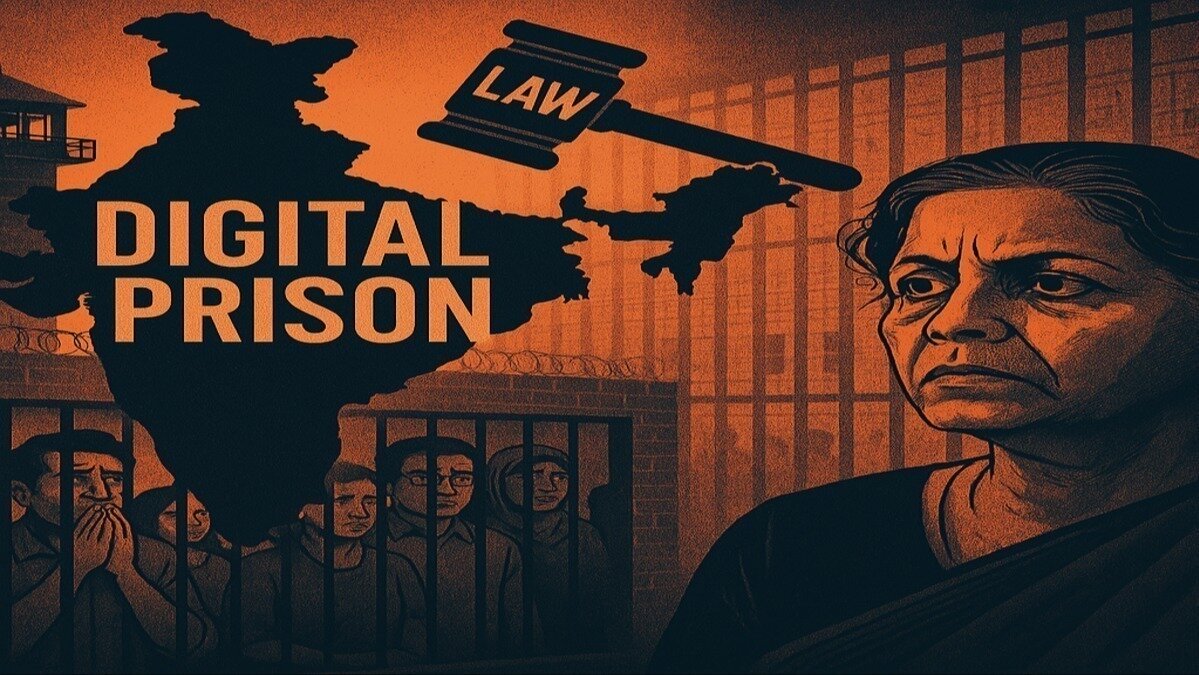In a recent interview with the German newspaper Die Welt, John Lydon, formerly known as Johnny Rotten and the lead singer of Sex Pistols, vehemently criticized the prevailing liberal politics that he believes cater to the elite while eroding working-class values. Lydon’s insights shed light on the consequences of unregulated migration and the stifling effect of political correctness on open discourse.
a dose of politically unfiltered wisdom from the man who once belted out rebellious anthems to the beat of punk rock. John Lydon’s insights remind us that in the realm of politics, things might not always be what they seem, and perhaps we should take a moment to reconsider whether inviting someone to dinner just because they’re “trendy” is truly the pinnacle of progress. So, as we navigate the turbulent waters of political discourse, let’s raise a skeptical eyebrow to the elite, dust off those working-class values, and remember that even the most unconventional voices can stir up a storm of thought-provoking reflection. After all, who would’ve thought that a punk rocker could school us in political philosophy? Anarchy in the discourse, anyone?
Challenging the Status Quo
Amid the current global political landscape, John Lydon offers a thought-provoking perspective that challenges the dominance of liberal politics. He argues that these political ideologies, purportedly aimed at progress and inclusivity, have veered too far to the left, inadvertently serving the interests of the elite. Lydon’s observations underline the need for a more balanced approach that values the core principles of the working class.
Equating Migration with Racism: A Flawed Notion
One of Lydon’s most striking criticisms centers around the tendency of liberal elites to equate regulated migration with racism. He asserts that this flawed notion suppresses open dialogue and discourages individuals from expressing valid concerns. Lydon maintains that labeling someone as racist for questioning immigration policies stifles meaningful conversations about its impact on society.
Refugees and Working-Class Neighborhoods
Lydon’s critique extends to the manner in which refugees are often situated in working-class neighborhoods. He contends that this approach exacerbates existing socio-economic disparities, leading to higher unemployment rates and increased crime. By highlighting this issue, Lydon emphasizes the need for a more equitable distribution of resources and a comprehensive understanding of the potential consequences of such policies.
The Suppression of Dissent
A central theme in Lydon’s analysis is the suppression of dissenting voices through accusations of racism. He passionately asserts that this tactic stifles individual expression and inhibits healthy debate. Lydon himself is a vocal proponent of open discourse and believes that true progress can only be achieved through the free exchange of ideas, unfettered by fear of being labeled a racist.
Working-Class Values: An Endangered Legacy
Lydon mourns the erosion of working-class values that he holds dear – values grounded in empathy, love, and respect. He laments the shift towards what he terms “fashionable elitism,” wherein these fundamental principles are overshadowed by the pursuit of trends and superficial popularity. For Lydon, the core of true progress lies in nurturing these values and applying them to contemporary political discourse.
Royal Critique and Global Politics
Beyond his critique of liberal politics, Lydon also directs his attention towards the British monarchy. Specifically, he expresses reservations about King Charles III, characterizing him as lacking in intelligence and overly eager to align with modern woke sensibilities. Lydon’s perspective highlights the potential dangers of political figures embracing trendy ideologies without a thorough understanding of their implications.
A Unique and Unpredictable Voice
John Lydon’s political views defy easy categorization. He champions independent thought and encourages individuals to question authority and prevailing trends. His shifting allegiance from Hillary Clinton in 2016 to Donald Trump in 2020 underscores his willingness to reassess his stance based on evolving circumstances and changing dynamics.
In conclusion, John Lydon’s incisive critique of contemporary politics serves as a rallying call for a return to genuine working-class values. His perspective challenges the stifling effects of political correctness and advocates for open dialogue that transcends labels and fosters meaningful progress. As we navigate the complex terrain of modern politics, Lydon’s insights offer a valuable lens through which to view and reevaluate prevailing ideologies.










